Everything You Need to Know About PS (Polystyrene) for Industrial Use
PS (Polystyrene) is a versatile plastic widely used in packaging, consumer goods, and industrial applications. Its lightweight, durable, and cost-effective properties make it a popular choice across industries. This guide will help you understand the different types of PS, their features, and how to source high-quality material from reliable suppliers.
How to Find Reliable PS from China in 2025
China remains a leading global supplier of PS, offering competitive pricing and large-scale production capabilities. To find trustworthy manufacturers:
- Check supplier certifications (ISO, RoHS, FDA compliance).
- Review customer feedback and order history on platforms like Alibaba.
- Request material samples to test quality before bulk orders.
- Verify production capacity and lead times.
What Buyers Should Know Before Buying PS from China
When importing PS from China, consider:
- Shipping costs and import duties.
- Minimum order quantities (MOQs).
- Customization options (color, thickness, additives).
- Payment terms and contract details.
Types of PS
There are three main types of PS:
- General Purpose PS (GPPS): Clear, rigid, and brittle, commonly used for packaging.
- High Impact PS (HIPS): Contains rubber additives for improved durability, ideal for appliances and toys.
- Expanded PS (EPS): Foam-like material used for insulation and protective packaging.
Functions and Features of PS
PS offers several advantages:
- Lightweight yet strong.
- Excellent electrical insulation properties.
- Resistant to moisture and chemicals.
- Easily molded into various shapes.
Scenarios of PS
PS is used in:
- Food packaging (containers, cutlery).
- Consumer electronics (TV housings, refrigerator liners).
- Medical devices (petri dishes, test tubes).
- Construction (insulation panels).
How to Choose PS
Select the right PS based on:
- Application requirements (rigidity, impact resistance).
- Environmental conditions (temperature, UV exposure).
- Regulatory compliance (food-grade, medical-grade).
- Budget constraints.
PS Q & A
Q: Is PS recyclable?
A: Yes, but recycling rates vary by region. EPS is more challenging to recycle due to its lightweight nature.
Q: What's the difference between PS and PP?
A: PP (Polypropylene) has higher heat resistance and flexibility, while PS is more rigid and cost-effective.
Q: Can PS be used for food contact?
A: Yes, if it's FDA-approved food-grade PS.
Q: How do I store PS materials?
A: Keep in a dry, cool place away from direct sunlight to prevent degradation.
Q: What's the typical lead time for PS orders from China?
A: Usually 2-4 weeks, depending on order size and customization requirements.










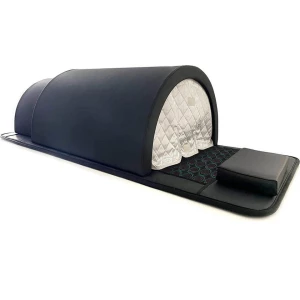
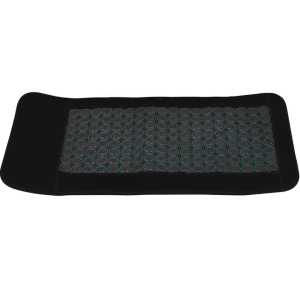
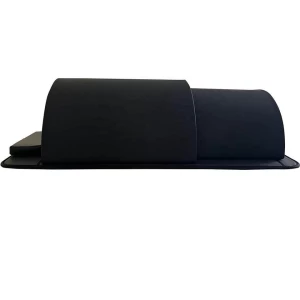
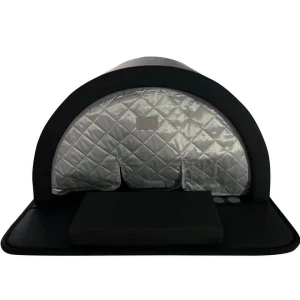
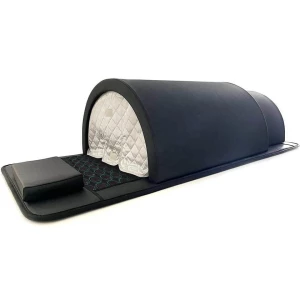














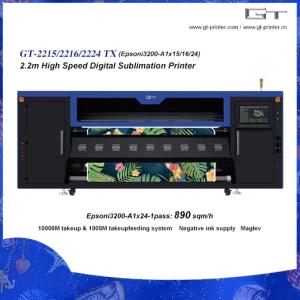







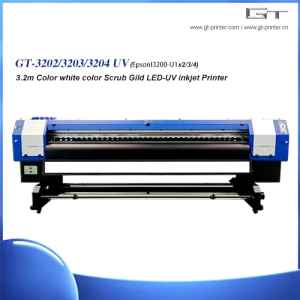







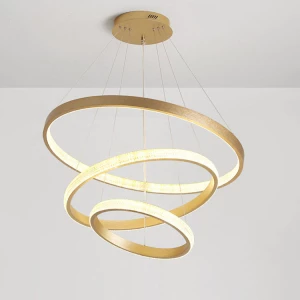
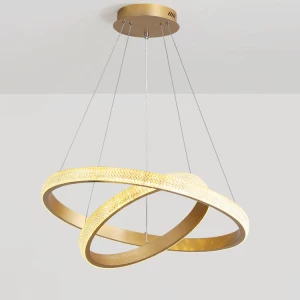

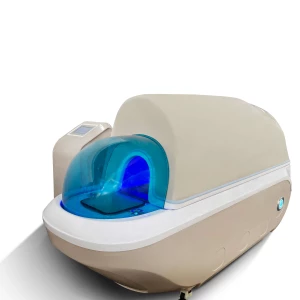
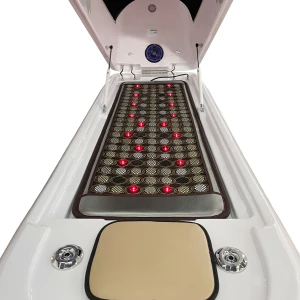
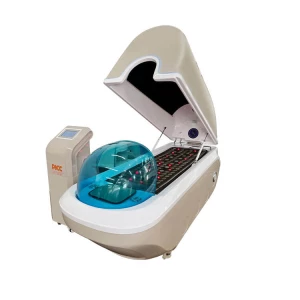
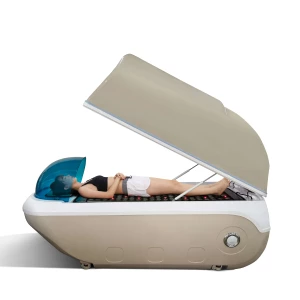
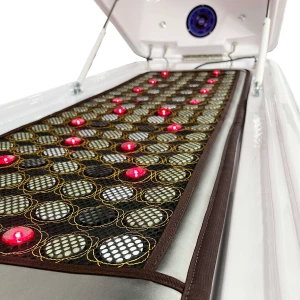
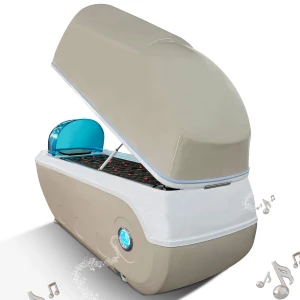










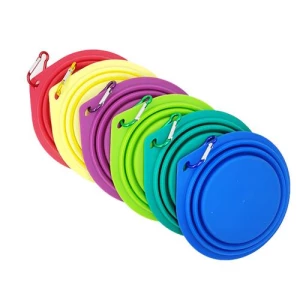
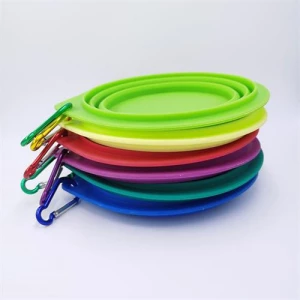
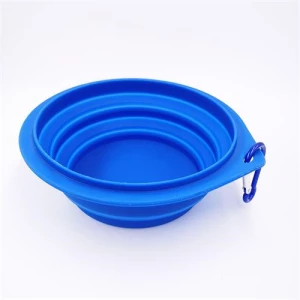

.jpg_300x300.webp)
.jpg_300x300.webp)
.jpg_300x300.webp)
.jpg_300x300.webp)
.jpg_300x300.webp)













